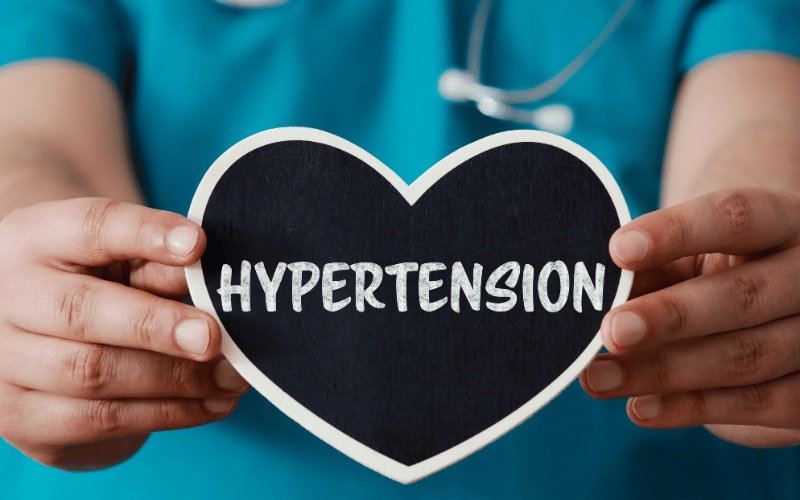Symptom 4: Hypertension (High Blood Pressure)

Hypertension, known in layman’s terms as high blood pressure, is a frequent companion of MPGN. The intricacies of our circulatory system are closely intertwined with renal functions. When kidneys falter, blood pressure can spike, and the reasons are multifaceted.
First off, kidneys play a pivotal role in regulating blood pressure by adjusting the volume of blood or the amount of sodium taken in. But in MPGN, this balancing act is thrown off kilter. Diseased kidneys might retain more sodium and water, leading to increased blood volume and, consequently, heightened blood pressure.
Moreover, the kidney produces vital hormones responsible for blood vessel constriction. In MPGN, the production or balance of these hormones might be affected, leading to the vessels tightening and causing a pressure surge. This is not just a number game; elevated blood pressure exerts extra force on the fragile blood vessels in the kidneys, exacerbating the damage.
Of course, it’s crucial to understand that hypertension isn’t exclusive to MPGN. Numerous factors, from genetics to diet, can push those blood pressure readings upwards. However, in the setting of MPGN, it’s often both a cause and consequence of the disease.
With that said, hypertension management becomes paramount. Regular monitoring, medication adjustments, and lifestyle interventions can make a significant difference. In essence, addressing high blood pressure isn’t just about the numbers; it’s about protecting the kidneys and ensuring overall well-being. (4)